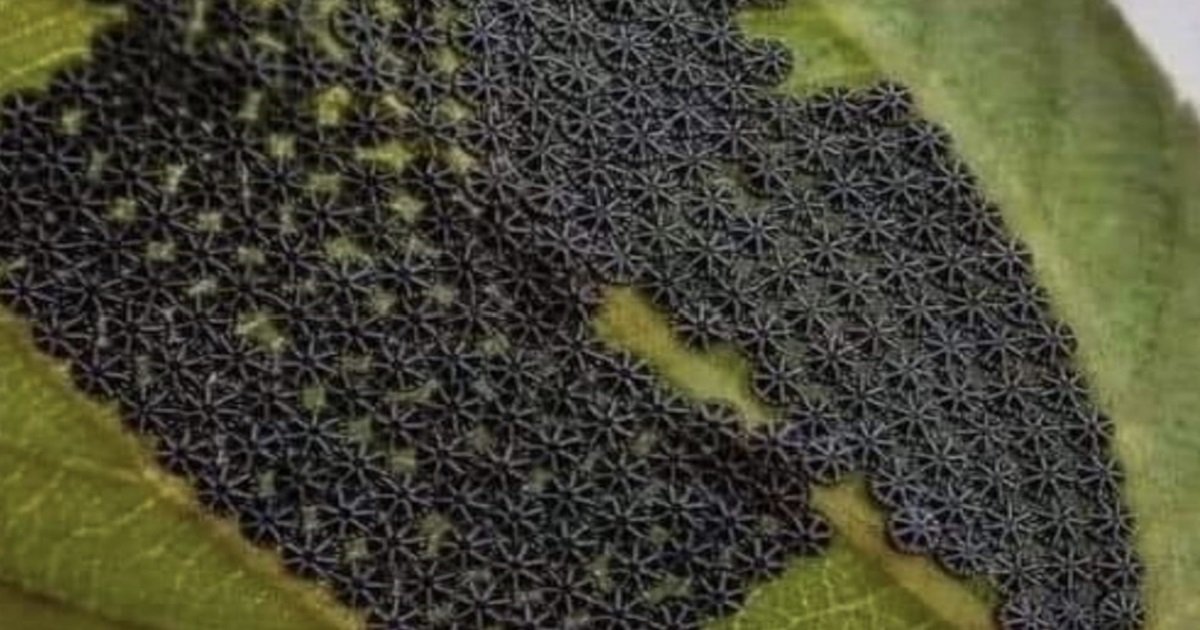
Exploring Garden Wonders: The Mystery of Nymphalis Antiopa Butterfly Eggs
Initial Confusion:
In the midst of tending to my garden, I stumbled upon a perplexing sight—a leaf adorned with intricate black geometric shapes. This peculiar image left me and many others bewildered, wondering about its origin and potential impact on my garden.
Unveiling the Truth:
Upon delving into research, I unraveled the mystery behind these enigmatic patterns—they were none other than the eggs of the Nymphalis Antiopa butterfly, also known as the Mourning Cloak butterfly. This revelation shed light on the fascinating lifecycle and beneficial traits of this species.
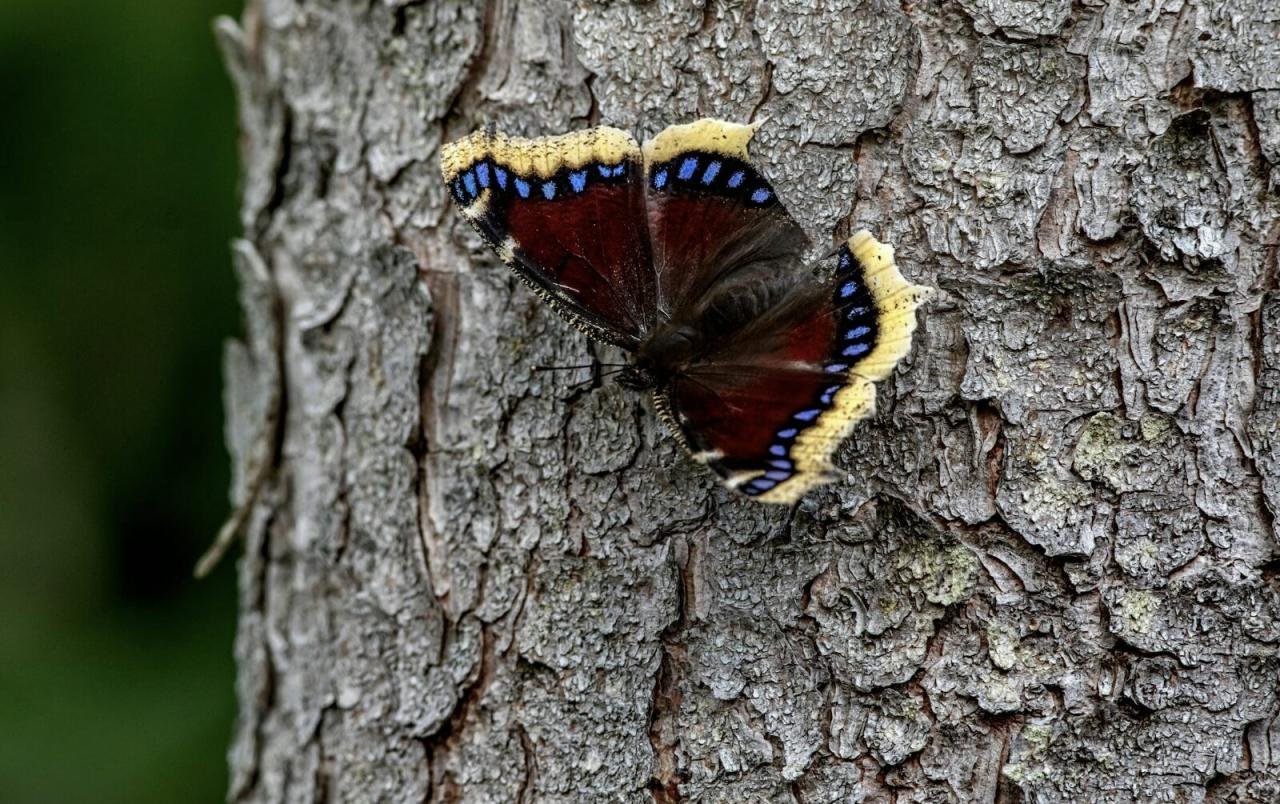
Marvels of Nature:
A closer examination revealed the delicate beauty of these butterfly eggs, resembling intricate black lace delicately spread across the leaf’s surface. Despite my initial apprehension, I marveled at the geometric wonders they displayed.
Beneficial Allies:
Contrary to my concerns, Nymphalis Antiopa butterflies prove to be valuable allies in the garden. While their larvae feed on leaves, they prefer trees and shrubs like willows and elms, sparing flowers and vegetables. Additionally, they aid in fruit decomposition, contributing to a healthier ecosystem.
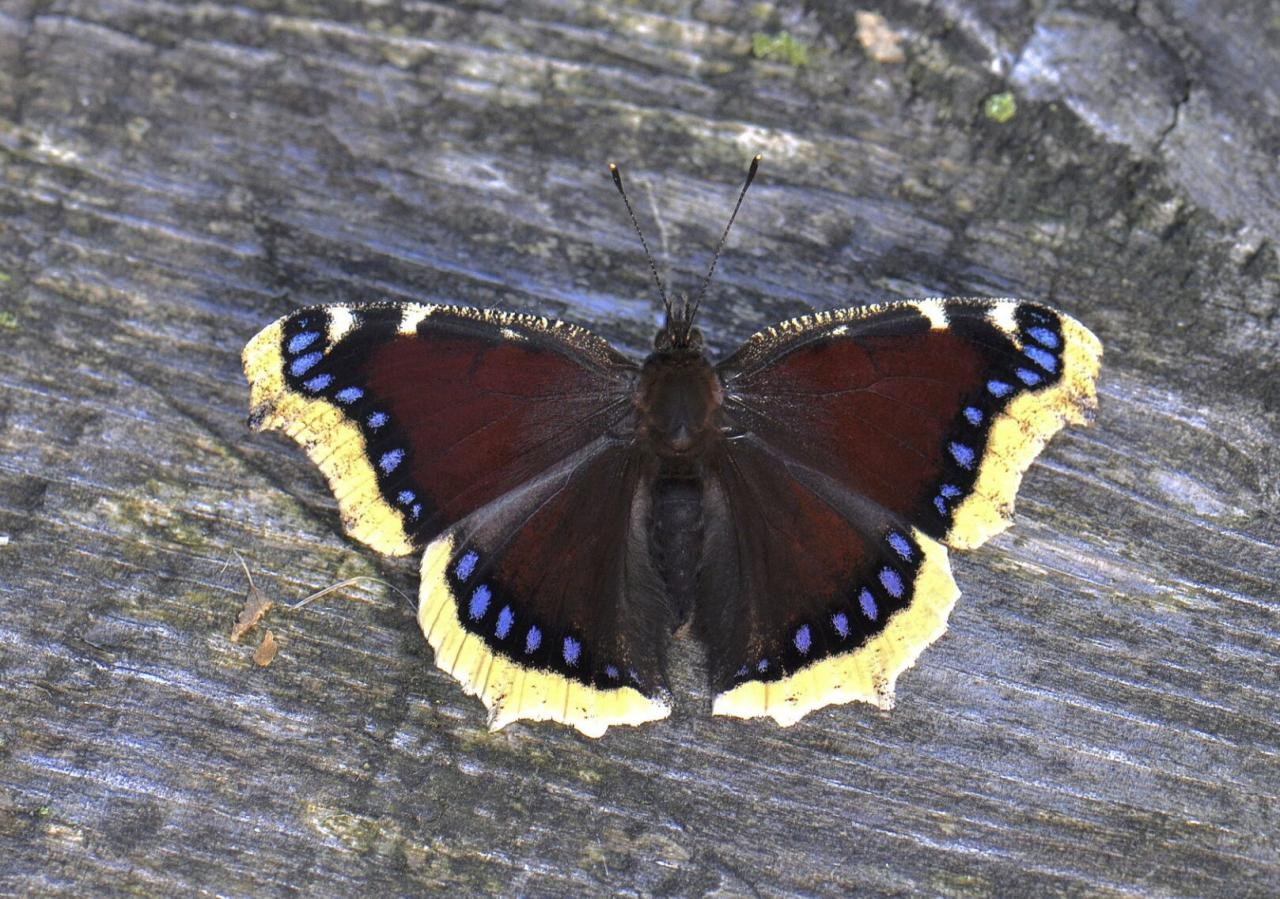
The Lifecycle Unfolds:
Witnessing the lifecycle of Mourning Cloak butterflies unfolds as a captivating spectacle. From hatching as caterpillars with bristly bodies to pupating within chrysalises, each stage embodies nature’s transformative power.
Fascinating Behavior:
Unique among butterflies, Mourning Cloaks hibernate during winter, emerging early in spring, symbolizing hope and renewal amidst the barren landscape. Their timely appearance adds a touch of elegance to the transitioning seasons.
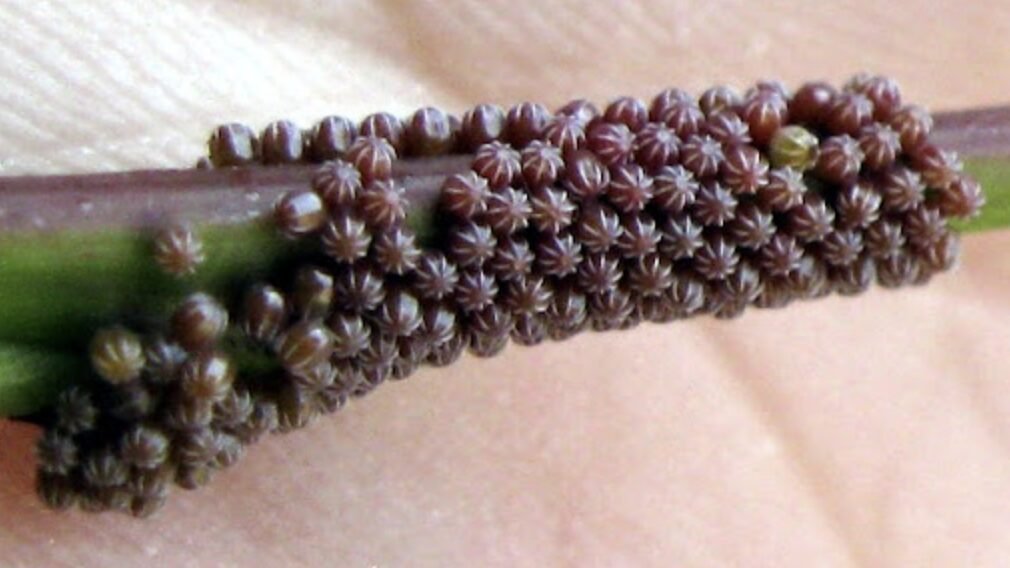
Embracing Nature’s Balance:
As gardeners, it’s crucial to recognize the intricate balance of nature. While caterpillars may nibble on leaves, they contribute to a thriving ecosystem. Providing a habitat for these butterflies fosters biodiversity and promotes a harmonious garden environment.
Embrace the Journey:
Encountering these butterfly eggs or caterpillars in your garden presents an opportunity to witness nature’s wonders firsthand. Resist the urge to intervene and instead, embrace the process, allowing for the enchanting transformation to unfold.
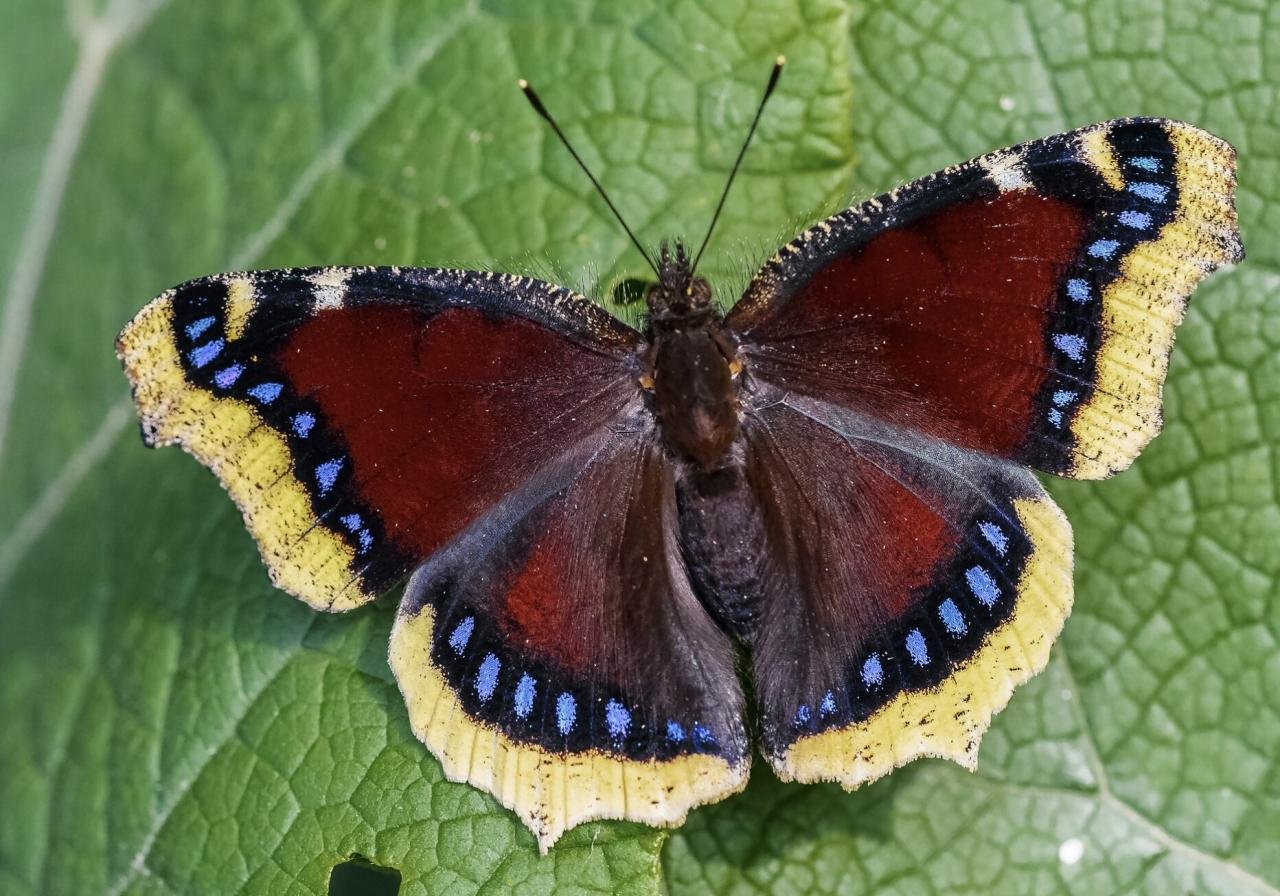
A Lesson in Harmony:
Gardening embodies the pursuit of balance, bridging the gap between plant cultivation and coexisting with nature’s inhabitants. Through curiosity and observation, we uncover the hidden marvels within our gardens, enriching our gardening experience.
Conclusion:
In the realm of gardening, each discovery, whether peculiar or enchanting, adds depth to the journey. Embracing the mysteries of nature fosters a deeper connection with the garden and reaffirms the beauty of coexistence.





